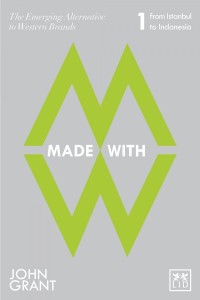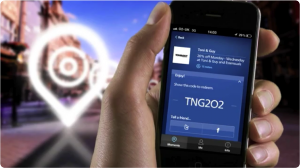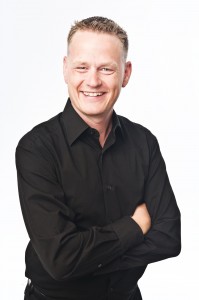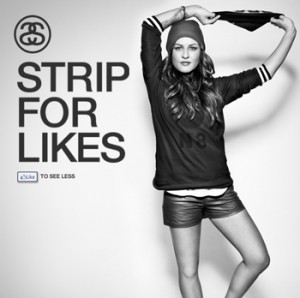 What Grant defines as the ‘Interland’ is one of the most fascinating, fastest growing regions in the world. Ranging from Turkey to North Africa and covering everywhere from the MIddle East right through to Indonesia, the Interland is a place where traditional thinking says that ‘East and West collide’. In reality, these are incredibly youthful societies going through some huge changes – socially and economically.
What Grant defines as the ‘Interland’ is one of the most fascinating, fastest growing regions in the world. Ranging from Turkey to North Africa and covering everywhere from the MIddle East right through to Indonesia, the Interland is a place where traditional thinking says that ‘East and West collide’. In reality, these are incredibly youthful societies going through some huge changes – socially and economically.
While most books and reports about this region are dominated by religion, conflict and general unpleasantness, ‘Made With’ focuses on creativity, brands and entrepreneurship. The result is a book that is an interesting primer, though perhaps one that perhaps would have benefitted from a tighter focus, more case studies and more interviews and interviewees. The sections featuring these are the ones that really shine, and it’s a shame there aren’t more of them. With that said, ‘Made With‘ is still well worth a look.



